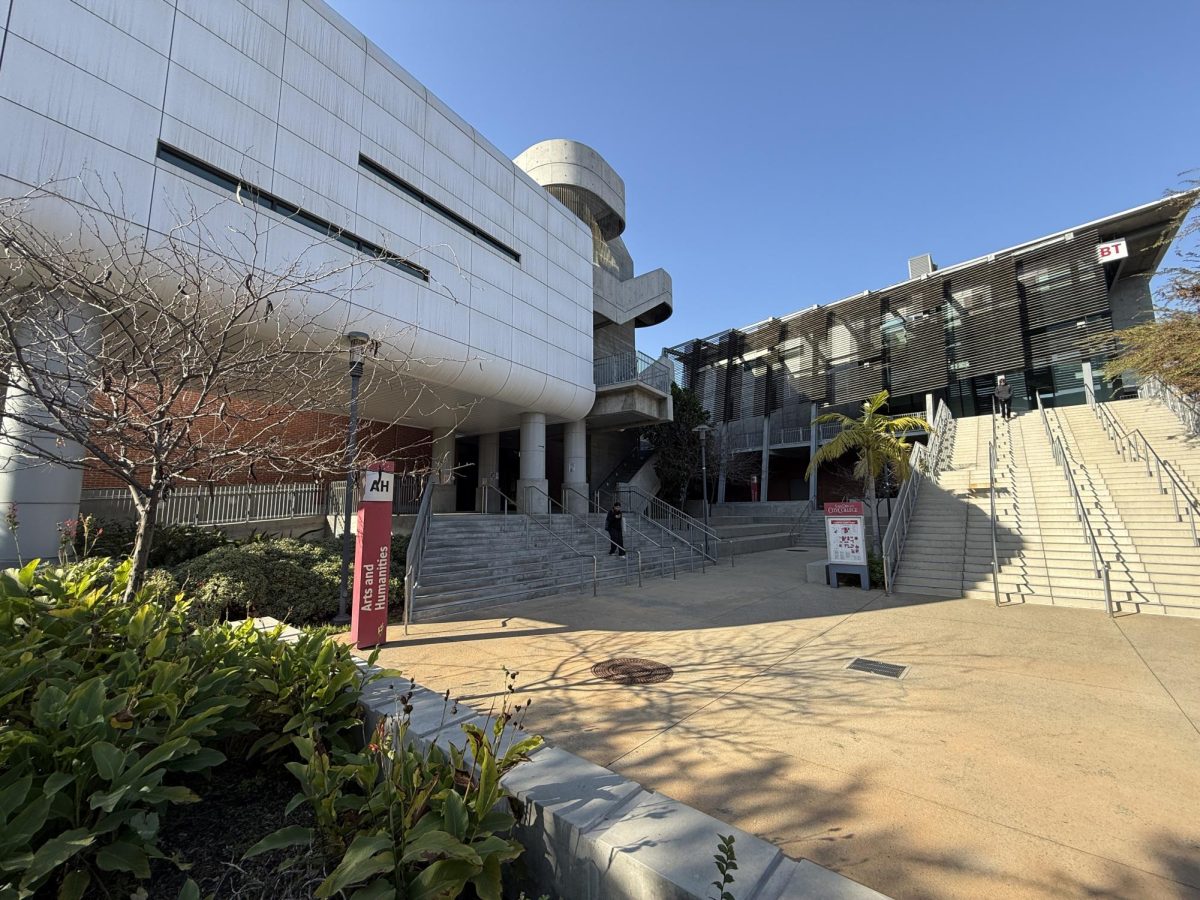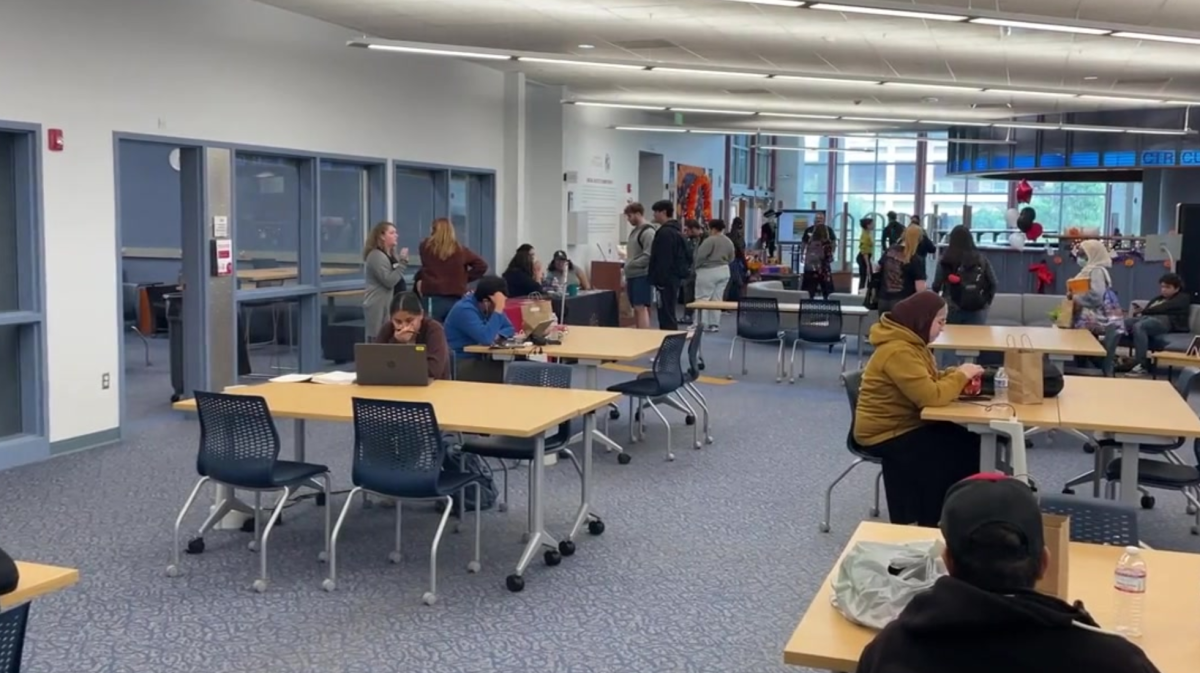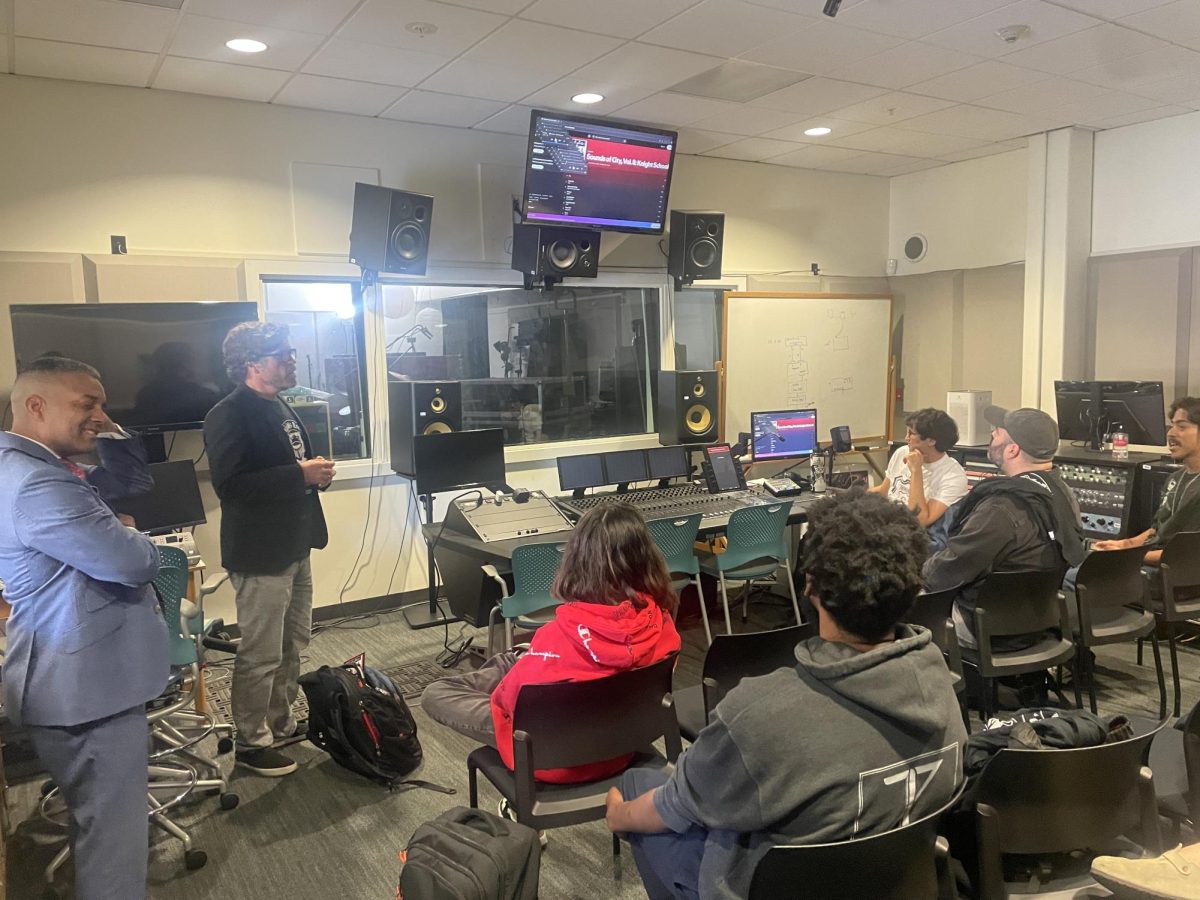By Rosemarie Davis
City Times
The brutal murders and rapes of women are going unsolved in the impoverished border town of Juarez, Mexico. The documentary “On the Edge: The Femicide of Juarez” was shown here at the Saville Theatre last week. The film takes another approach to the who-done-it-murder-mystery; instead it guides you through the socioeconomic atmosphere encapsulating the conditions that allow the impunity of men to dispose of these women like trash.
The film shows that these women have more in common other than their murders. Most work in maquiladoras and many of them are killed while walking to or from work. The maquiladoras are sweatshops that make goods for U.S. consumption and these women earn $24 dollars a week. In addition, NAFTA allows the maquiladoras to make even more money by lowering environmental standards and tariffs, yet the maquiladoras have offered no protection for their female workers.
The maquiladoras seek out female assembly workers, because they are seen as a docile workforce leaving the men unemployed and angry or to work where there is money- in the drug trade. Again, where most of these drugs end up is here in the United States. The film continues by sewing together elements of globalization and what results is this patchwork quilt of horrific circumstances where each is a problem in itself, but all the elements together have illuminated why this social injustice takes place.
After hearing all of the accounts told by the victims’ families, politicians, activists, and academics I cannot just say that this film is informative, that would be using a euphemism for the revelation I experienced after being exposed of my ignorance. The film moved me emotionally, but the documentary does not overly dramatize the plight of these women. The faces of the family members affected were so weathered and indifferent, giving the audience a sense that they had been through too much pain for one lifetime.
The film was complex, yet easy to follow. My only complaint is the subtitles moved a bit slow and there were times when the screen was busy with information in one corner of the screen and subtitles at the same time.
“We hoped that people would walk away from this screening with a vision and a plan to do something more,” said Rachel Brewer, president of Amnesty International at City. “The step beyond education is action and it is our individual responsibility to take that step.”
For those interested in events sponsored by Amnesty International, there will be a human rights fair on May 8 and 9 that will have events about this issue and others including the death penalty, genocide, corporate responsibility, and Prisoners of Conscience.







